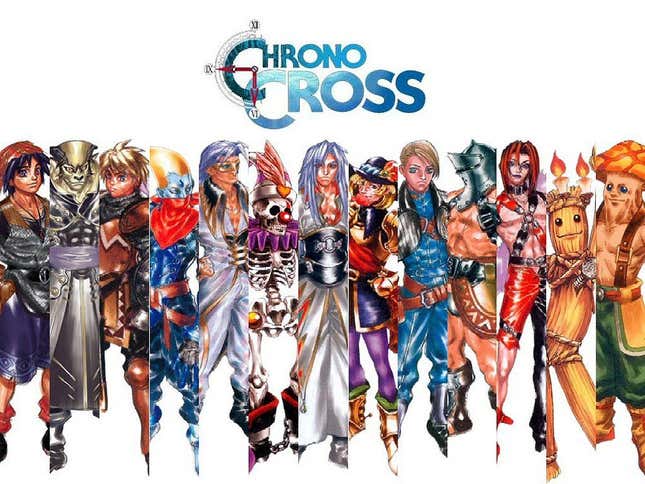
There are great sequels. And then there are all the crappy ones that seem like little more than cynical cash grabs. I’m going to focus on the former.
Sometimes, the best sequels take a classic formula and evolve on them. I loved Final Fantasy II (IV in Japan), Uncharted II, Mass Effect 2, Super Mario Galaxy 2, and Phantasy Star II. Other times, they take the series in a completely different direction, giving it new life as with Resident Evil IV, Super Mario Bros. 2, and Grand Theft Auto III.
From a developer’s perspective, sequels can be a lot more work than they might seem on the surface. I’ve had the chance to work on multiple sequels, from the Medal of Honor games, to movie sequels, like Cloudy With A Chance of Meatballs 2. It all comes down to planning; how much to reuse, and how much to adapt to new technology? In all the games and films I’ve worked on, it’s always been important to keep in mind that older iterations used older tech and modernizing them can take a lot more time. How to satisfy fans and stay true to the spirit of the original while also innovating enough so that it actually adds to the original?
I like how every main Final Fantasy is a standalone game without any real connection to the previous games (aside from character and thematic ties). Dragon Quest does a good job of tying to the legacy of the series while weaving a new story with each entry.
And then, there’s Chrono Cross. I wrote about Chrono Cross at Kotaku a few years back and called it “a bad sequel, but a brilliant game.” The interesting thing was, that was by design. As director Masato Kato stated: “In my view, the whole point in making Chrono Cross was to make a new Chrono with the best available skills and technologies of today. I never had any intentions of just taking the system from Trigger and moving it onto the PlayStation console. That’s why I believe that Cross is Cross, and NOT Trigger 2.”
If you take Cross more as a thematic link to Trigger, rather than a sequel, you start to see Chrono Cross’ unique brilliance. It’s about different realities, the choices characters makes, and how circumstances give people varying lives based on those decisions. Serge is one of the most dramatic examples, being dead in one universe, and alive and thriving in another. Following those threads to their ends and seeing the way their fates are interlinked is in some ways deeper than the genealogy of time with Trigger. And the soundtrack is nothing sort of sublime.
So Kotaku, the question today is, what is your favorite game sequel?

